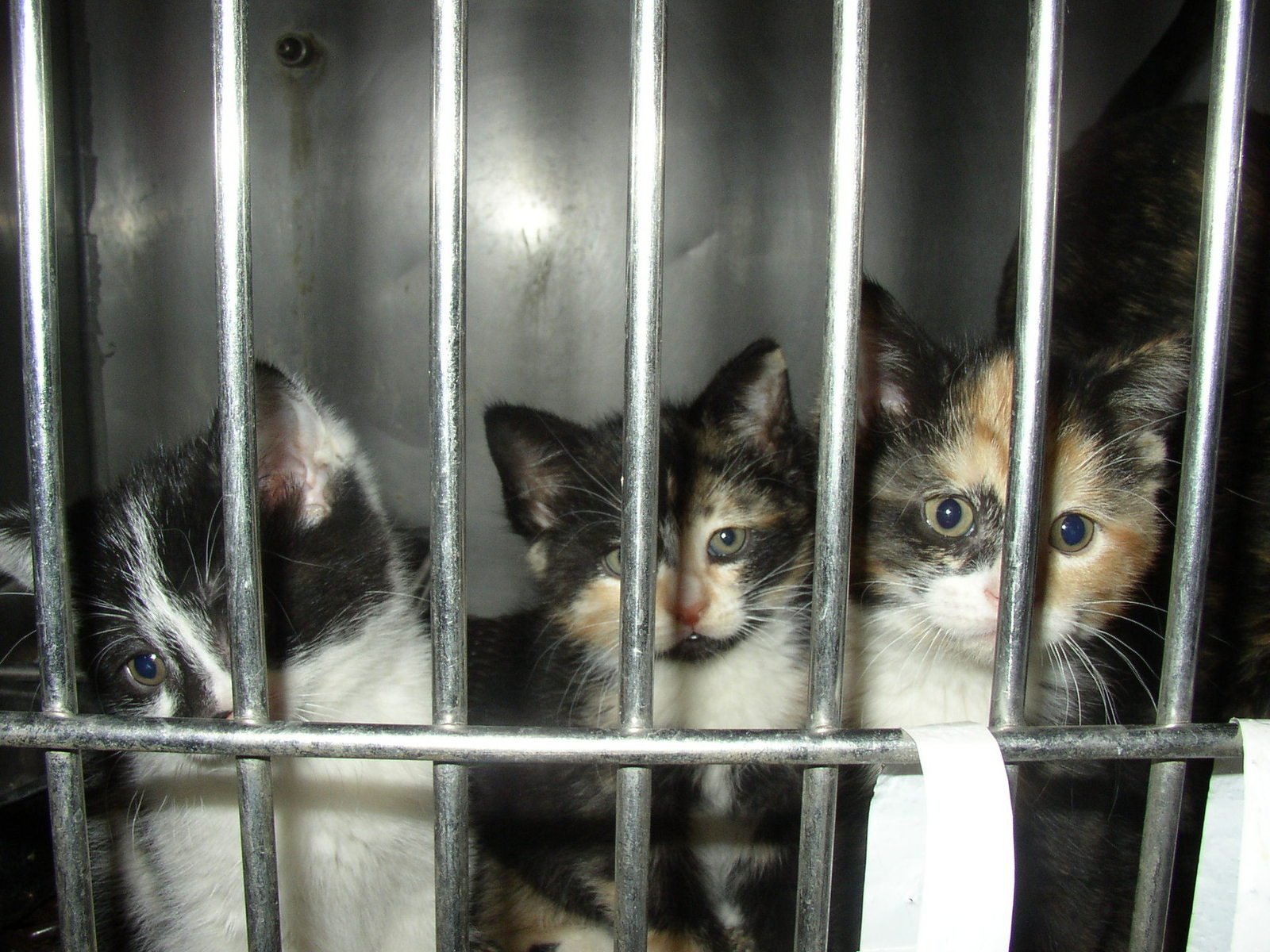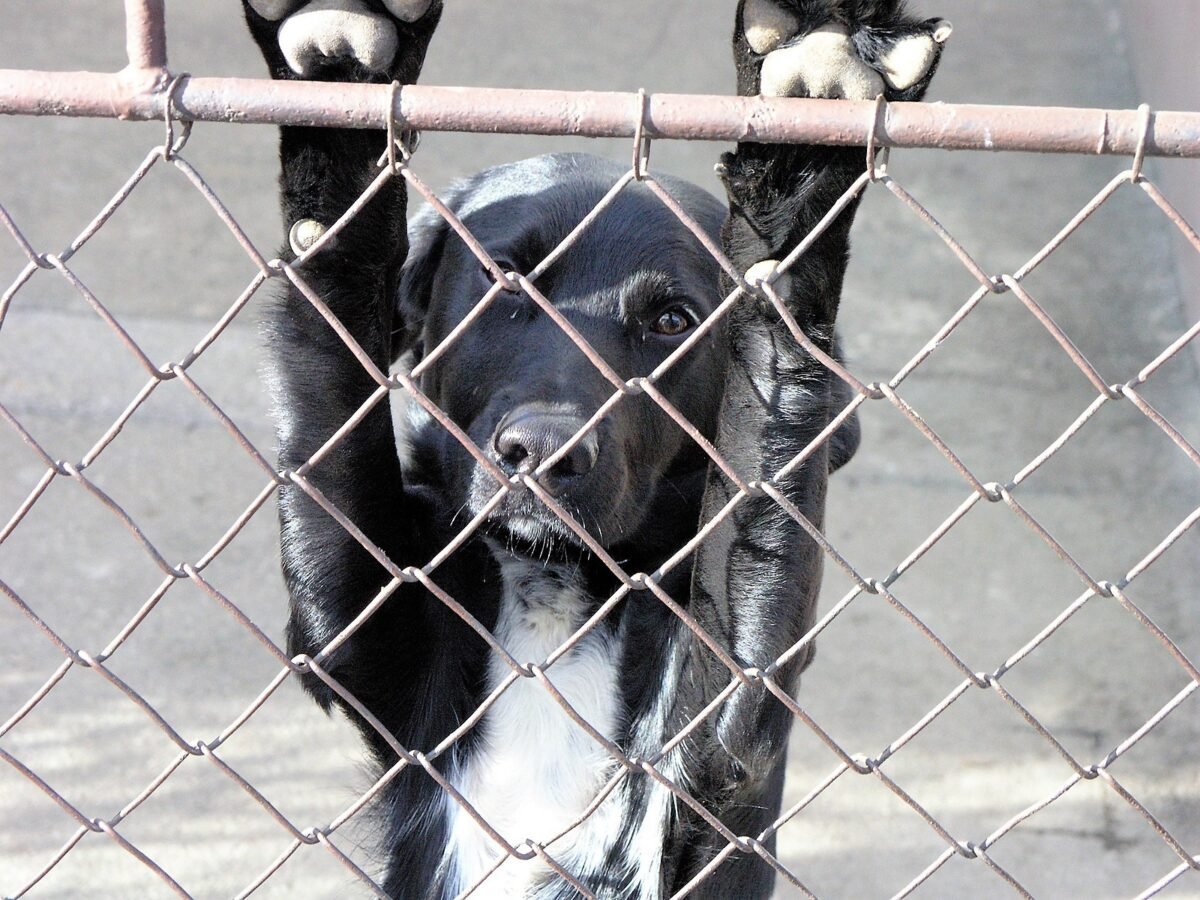Are animal re-homing charities failing animals?
We all know that the thousands of animal “re-homing” charities in the UK and around the world are doing wonderful work in finding new homes for hundreds of thousands of animals each year, because they are quick to tell us so and we see their great work depicted on television documentaries and in the press. As donating public we revel in the glow of sad stories and happy endings of animals finding “forever homes” and for this reason we throw millions at these charities to enable them to continue.
The top eight UK charities spend £500,000,000 each year to support the infrastructure to “save” and “rescue” animals from us humans. In the case of the Dog’s Trust, the UK’s leading dog charity, this works out at £8,100 per dog to care for and re-home the 13,141 dogs (2017 figures).
It would seem on the surface that the animal re-homing charities are doing a really good job and making the most of the money we give to them, but should they judge their success by the number of animals they take in and re-home or by what they are accomplishing in reducing numbers in the first place.
The Humane Societies of the United States (HSUS) is constantly criticised for not giving enough of their funds to animal shelters, but they once succinctly responded by declaring that their aim was to “prevent cruelty and stop animals entering animal shelters in the first place”. It could be argued that the re-homing charities are perpetuating the problem of irresponsible pet ownership by offering a free service to accommodate and re-cycle unwanted pets, strengthening the creed that they are disposable objects.
Each year the number of unwanted and abandoned animals never seems to decrease.

Each year the major UK animal re-homing charities take in tens of thousands of unwanted dogs, over a hundred thousand cats, thousands of horses and donkeys and hundreds of thousands of rabbits and other small animals. All these figures could probably be doubled, trebled or even quadrupled if you consider the numbers taken in by the hundreds of smaller UK charities.
Local authorities supposedly dealt with 7,000 stray, abandoned and unwanted dogs in 2017 of which over 2,000 were put to sleep although these figures seem far too low. The Cats Protection charity alone cares for nearly 50,000 cats annually.
If official figures are correct, we are supposedly getting on top of the abandoned and stray dog numbers on the streets, but half of the dogs that the Dog’s Trust accept, 6,500 (2017 figures), are strays from local authorities. Any slight decrease is more than matched by the increasing number handed into animal rescue centres by fickle owners so the status quo remains despite continuing campaigns and free neutering. This results in more facilities opening to cope with the continual flood. To make matters worse we are increasingly importing other countries’ stray and unwanted animals. We have had a cat and horse crisis for several years now and an increasing problem of unwanted exotic pets which has resulted in even more charities to rescue them.
While charities are happy to continue picking up the burden there is no incentive for the government or the law to intervene or take notice. The UK Government almost entirely washes it hands of the subject and even relies on animal charities to collate figures on the state of our animal keeping habits such as the RSPCA with their cruelty figures and the PDSA with their PAWS survey otherwise we would have no idea of the problems.

There must be more to animal welfare than just re-homing dogs and cats.
The charities will argue that they only exist for this purpose, but surely this is a short-sighted outlook and instead of proudly proclaiming the increasing numbers they are finding homes for, they should strive to decrease the numbers becoming unwanted in the first place. There must be more to animal welfare than just re-homing dogs and cats, but most charities seem happy to just tread water, accept the status quo and never make inroads into solving the major welfare problems. Do we just accept this as a fact of life and money well spent or should we expect more from them? Perhaps it is time for a completely new mind-set.
